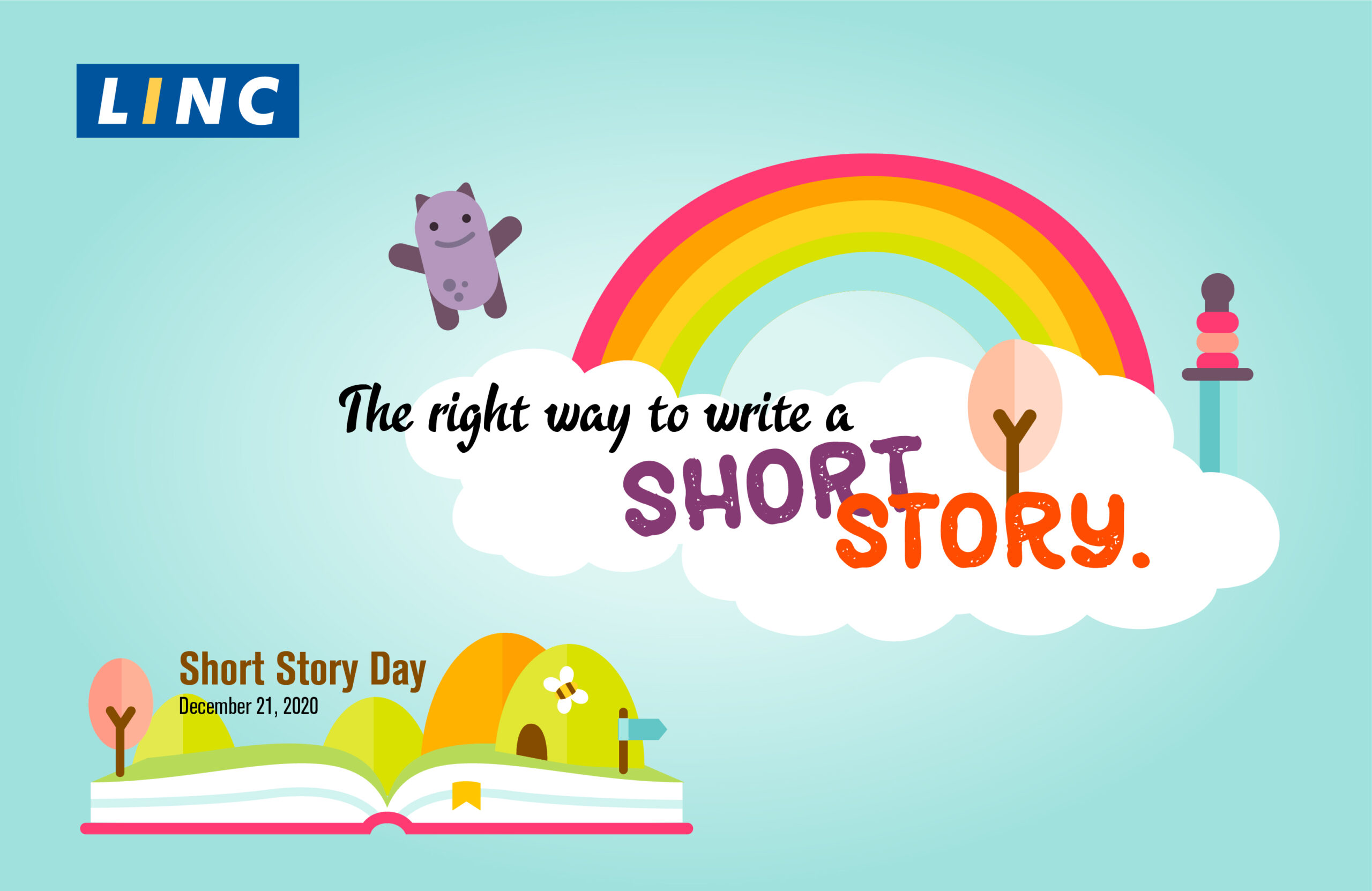Celebrate This Short Story Day By Writing Your Way To Success

A good short story is akin to pleasant music or a captivating film that keeps you hooked. It is a tiny window into another world that transports you to new, unexplored places you didn’t know existed without the excessive word count.
To celebrate this rather ‘short’ storytelling format, Short Story Day takes place on the 21st of December. This day is no ordinary day either. It is the same day as the winter solstice – the day which heralds the start of winter and observes the least amount of daylight.
What this means is that the celebration takes place on the shortest day of the year!
It’s only fitting that we pay our respects to the magic of the short story on the same day.
Moreover, it is also the most suitable occasion to appreciate the finesse and creativity of the writers behind them. Whether classic fairy tales, sci-fi, romance or heartwarming tales like ‘Gift of the Magi’, they show us a different universe and teach us things through imaginary characters and situations.
A short story is compact and relatively smaller than the novella without compromising its ability to keep us high in suspense or bringing us down to tears. They can be finished in a matter of minutes with perfect depth and clarity. Engrossing plots, strong themes and fewer yet memorable events – they possess the vital ingredients required to keep us wanting more.
So why not take this occasion as an opportunity to write one yourself?
Here are a few effective tips to help you get started!
Tell Your Tales With This Brief Guide to the Perfect Short Story
If you’re worried about starting out in failure, don’t be discouraged. The famed Stephen King (the mind behind The Shawshank Redemption, The Green Mile, It and The Shining) started writing short stories to magazines with the hopes of getting published.
So without further ado, here’s all you need to know!
Start with a hook and conclude a twist
You must grip the reader from the start itself. Whether tension or immediacy – the first line (or set of words) must work to heighten curiosity and spark instant engagement. Of course, getting the right set of words is easier said than done. But don’t just strive for perfection. Focus on how the line will relate to the beginning of your story and introduce the character/situation. This will definitely pave the way for a well-written story.
However, nothing is more disappointing than a good story with a weak ending. But it’s not just about reaching a conclusion. It’s about resolution, a peaceful yet cathartic finish that pushes for strong emotional impact. Of course, you can also throw a few breadcrumbs and hint at a surprise twist. Whichever you choose, keep the perspective of the reader at the back of your mind and the reaction you wish to get in the process.
Identify the central theme and tone
There is a clearly defined mood or feeling that guides readers throughout the course of a short story. Humour, horror, loss – there are plenty available which will surely adhere to your message. However, the key emotion must shine bright. It is this single mood that must be present. But it’s not as simple as just choosing a happy or sad theme. It’s a lot more deeper than that and you need to make it fairly evident.
Create a story with your protagonist
Stir up trouble. After all, it’s all about the protagonist’s attempts to get out of the dilemma which makes a story more concrete, more relatable. This can be done through his/her relation with other characters or through unpredictable events. By making certain choices and decisions, he/she must decide to get out of the mess and must evolve in the process.
Also known as a character arc, your story must portray events and situations that add to the inner journey of the protagonist. This is actually the backbone of a story since it delineates a clear beginning, middle and an end. So check out this short list of components that your story must contain:
- The main/first goal of the protagonist
- Assistance and hindrances in between
- A point where there’s no turning back
- Internal and external conflicts
- The stakes and consequences involved
Keep it visual and grounded in simplicity
Show don’t tell. The reader must be able to see your words come to life. In this context, clear and descriptive language is the arsenal you must carry with you. Using big, complex words will never make your story more appealing. On the contrary, readers must enjoy the reading experience without the aid of a dictionary.
Keep a neat progression towards the climax
Character development and obstacles must add to the plot. However, don’t disregard the need for authentic background characters and their associated dialogue. Words are finite and you must primarily use them to further advance the plot. But in doing so, do not forget a few vital components:
- Words must also contribute to the key emotion
- They must add to the growth of the main figure
- They should also provide a backstory or primary motive
- They must reveal a turning point in the main story
- They must indicate conflict that drives further action
If you have a passion for literature and you’re afraid to act on a brilliant idea, these 5 comprehensive pointers will help you voice your thoughts into a well-structured masterpiece of words. Everyone has to start somewhere and this Short Story Day may just be the jumpstart you need!
So don’t be afraid to pick up the right stationery items.
Write your way to success by telling a story of your own!





Leave a Reply